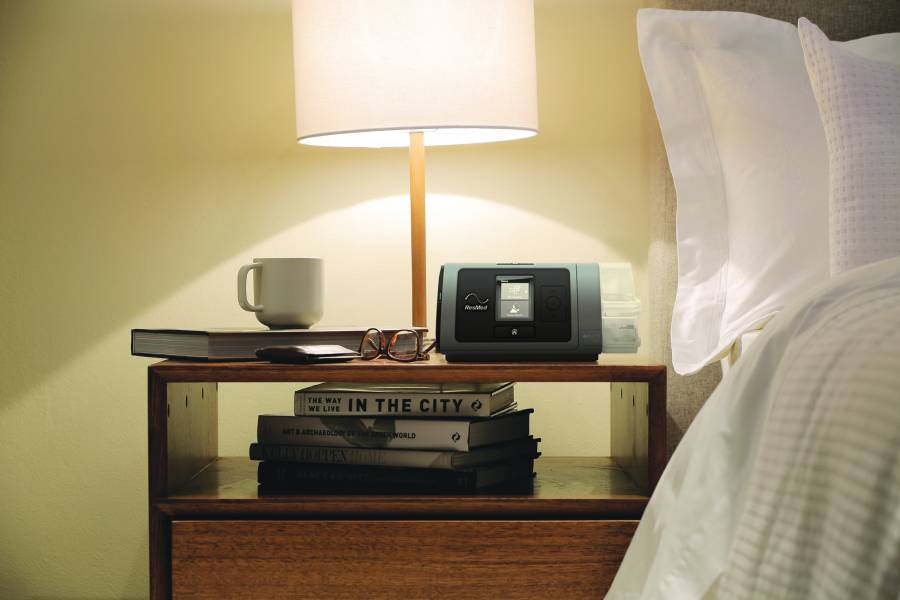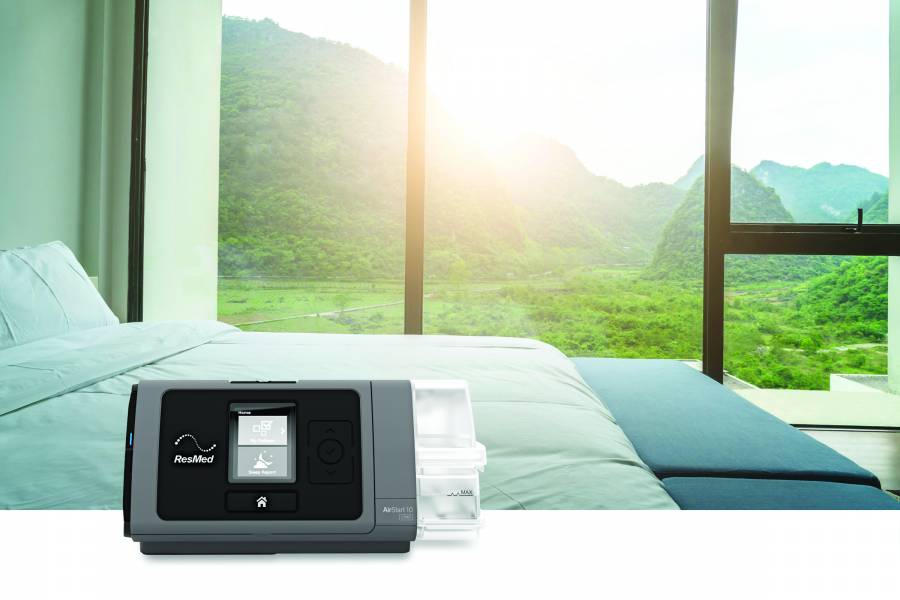Learn About Sleep Disorders What Is Sleep Apnea?

Zoellner Medical Group Schedules, Administrates And Conducts Sleep Studies That Are Performed At Our Partner Facilities Listed Below. Please Click On Specific Facility Below To Read About Sleep Apnea And Information Specific To That Facility.

What is Sleep Apnea?
Obstructed Sleep Apnea (OSA) afflicts 20 million adult men and women in the United States. People who have OSA stop breathing repeatedly during sleep because the airway collapses.
Airway collapse may be due to such factors as a large tongue, extra tissue in the airway, or decreased muscle tone holding the airway open.
As a result, air is prevented from getting into the lungs. These pauses in breathing can happen 30 times or more per hour. When healthy sleep is interrupted in this way, the risk of developing cardiovascular disease and other serious health conditions may increase.

What happens if OSA is not treated?
Obstructed Sleep Apnea (OSA) is a serious condition.
People who do not seek diagnosis and treatment for Sleep Apnea may increase their risk for the following if OSA is not treated:
• High blood pressure• Heart disease and heart attack
• Stroke
• Fatigue-related motor vehicle and work accidents
• Obesity
• Depression & irritability
• Gasping or choking during sleep
• Excessive Daytime Sleepiness
• Frequent urination at night

Common Symptoms of OSA
OSA can occur in men, women and children of all ages and sizes. Most people who have OSA do not realize they suffer from the condition. Often, it is someone else who witnesses the first signs of OSA. If you or someone you know snores regularly and has one or more of the following symptoms, it may be OSA. Consider all of the following that apply, and share this list with your doctor.
Key signs and common symptoms of OSA include:
- Excessive daytime sleepiness
- Loud or disruptive snoring
- Gasping or choking during sleep
- Other common symptoms include:
- Grogginess and morning headaches
- Frequent urination at night
- Depression and irritability
- Obesity
- Large neck or crowding of the upper airway
- Post-menopausal women
What is the treatment for Sleep Apnea
The most common treatment for sleep apnea is CPAP (Continuous Positive Airway Pressure), pronounced “see-PAP.” Other less common treatments include surgery and oral appliances, which may be effective in certain individuals. Any treatments should include weight loss if needed, exercise, and avoidance of alcohol, sedatives, and hypnotics.
PAP therapy will relieve the airway obstruction that occurs while you sleep. PAP treatment can dramatically improve the life of someone diagnosed with sleep apnea. When you wear the system every night during sleep and optimum therapy is achieved, you may experience the following benefits of treatment:
- Increased energy level and attentiveness during the day
- Fewer morning headaches
- Reduced irritability
- Improved memory
- Less waking during the night to go to the bathroom
- Less waking during the night to go to the bathroom
- Increased ability to exercise
- Improved overall quality of life
You will need to use your treatment every night while you sleep. If you do not, you will return to your previous level of snoring, sleep apnea, and daytime tiredness.
Untreated sleep apnea also has been shown to co-exist with a number of other medical conditions, such as:
- High blood pressure
- Heart disease
- Heart attack
- Irregular heart beat
- Stroke
Clients Testimonial
Don’t Just Take Our Word For It, Hear From Our Happy Patients!




Book An Appointment
Contact our office today for your consultation. Do not put this off any longer. Obstructive Sleep Apnea (OSA) is a serious condition.
